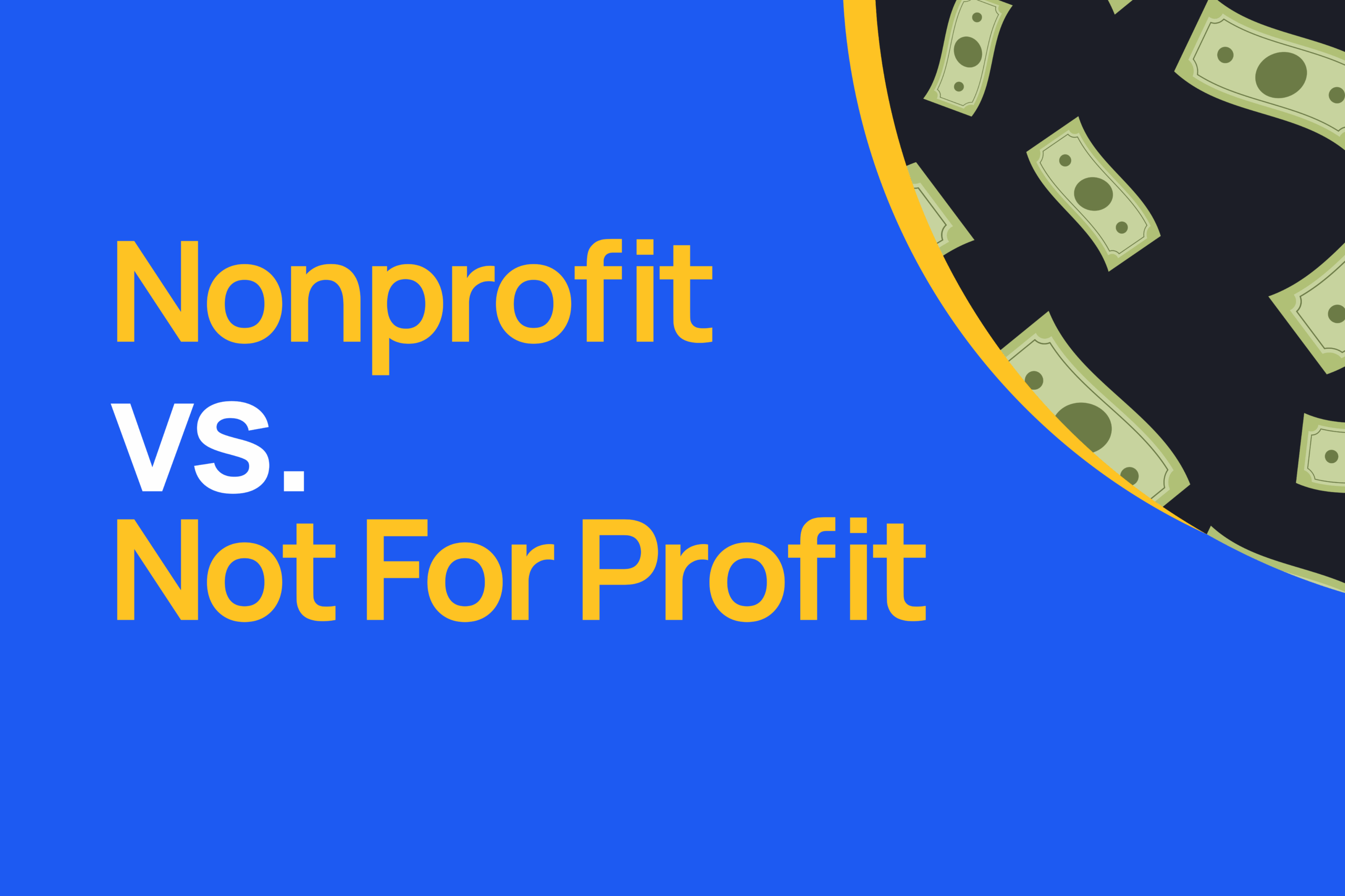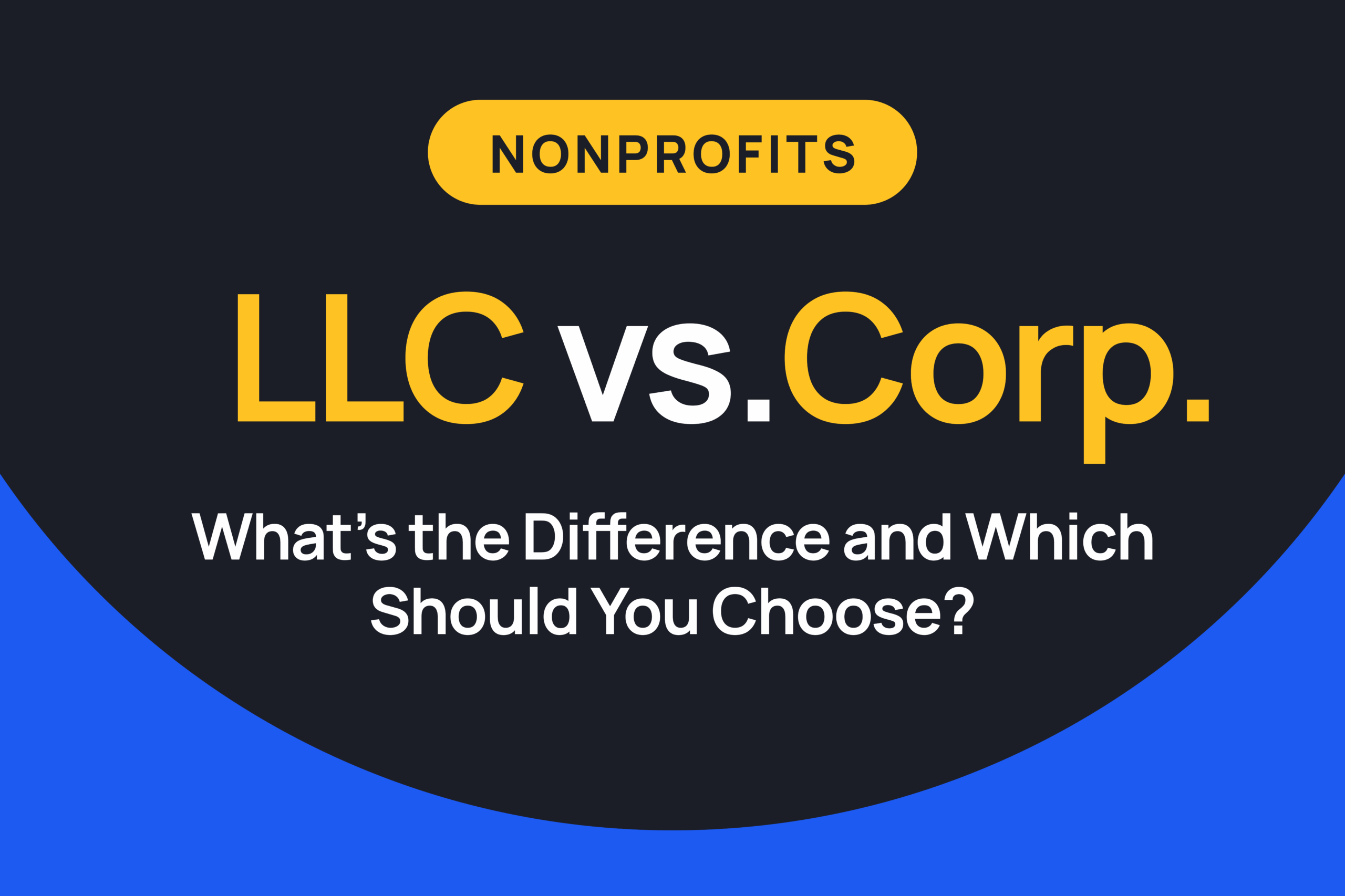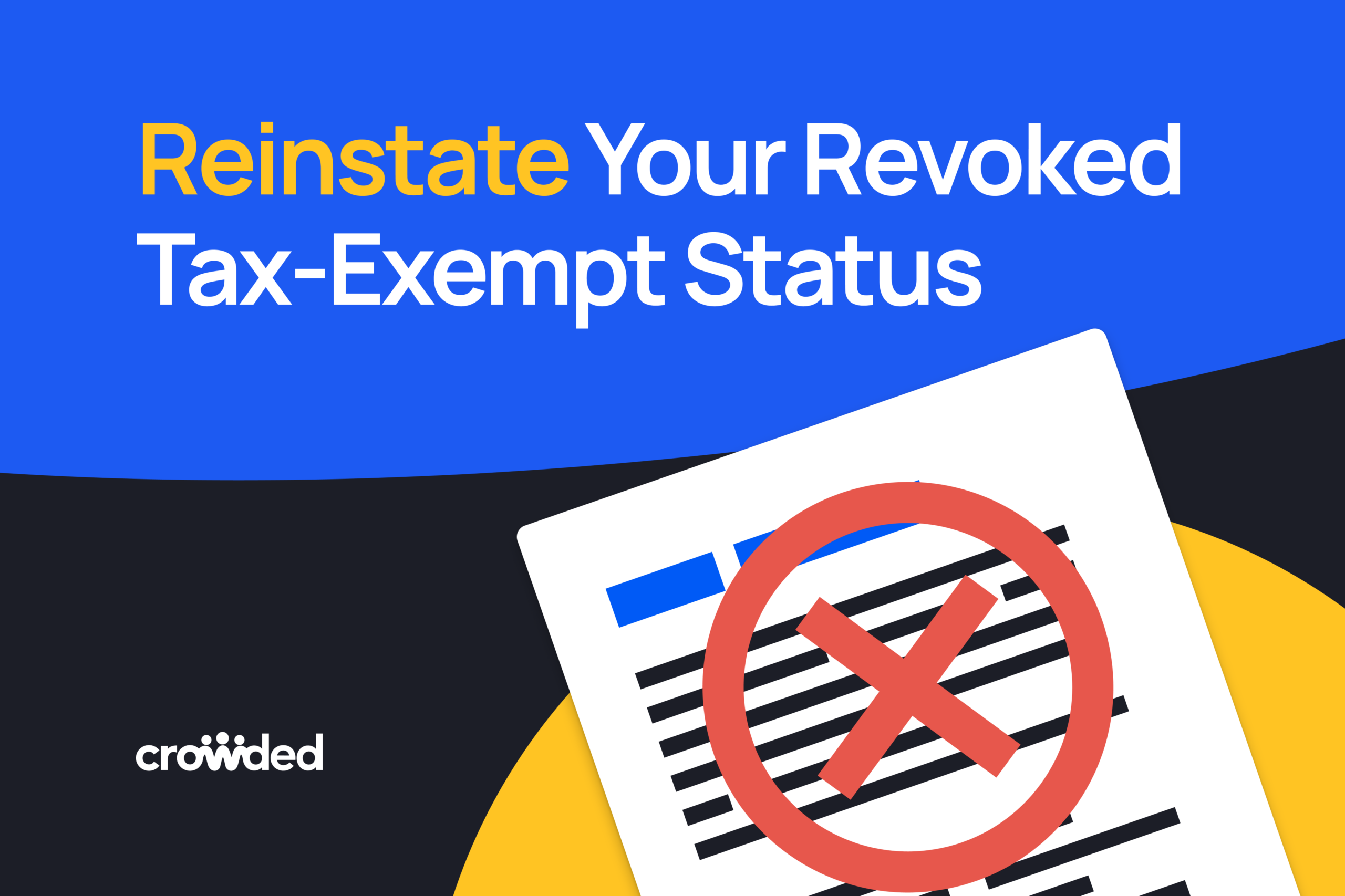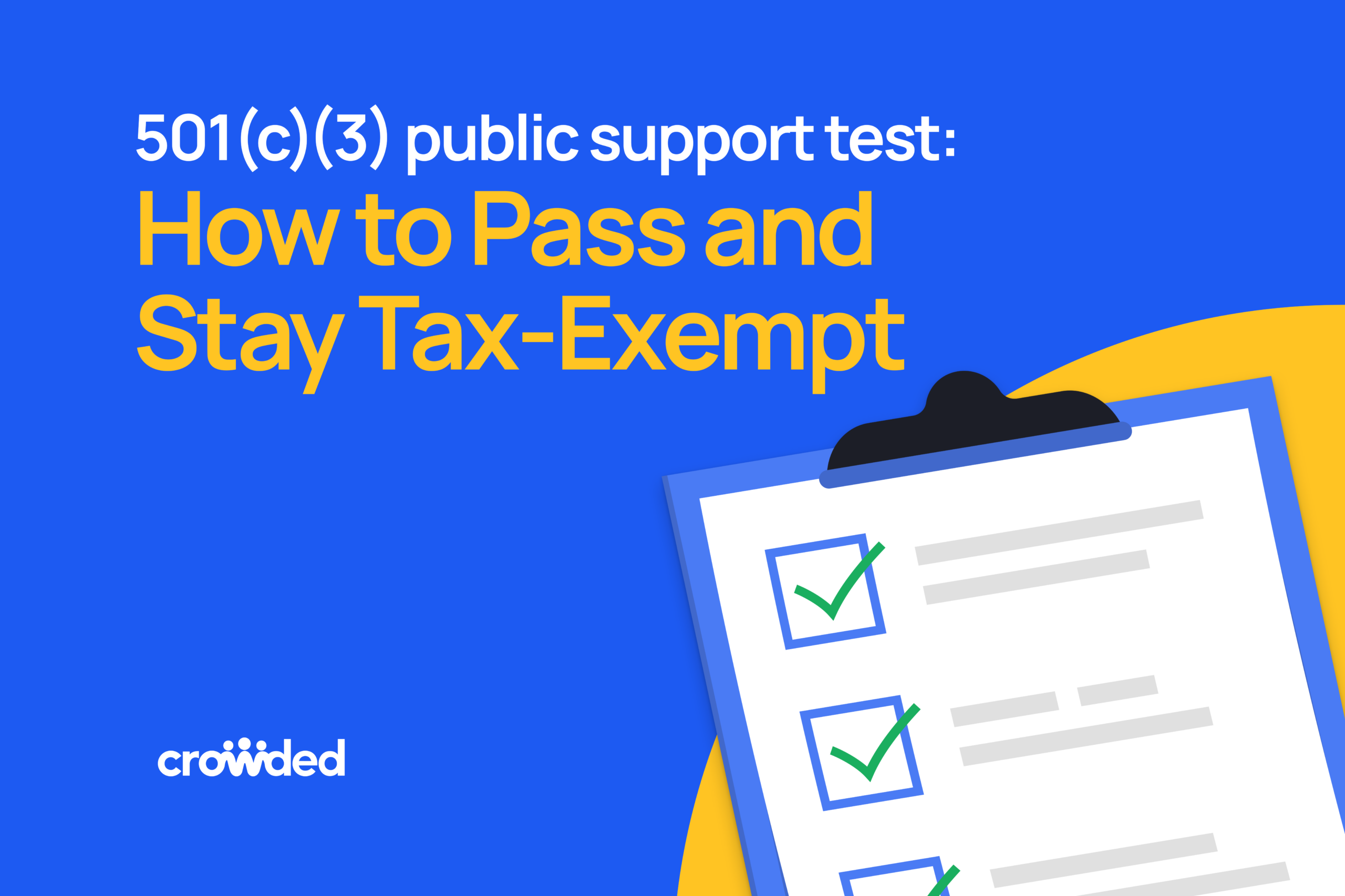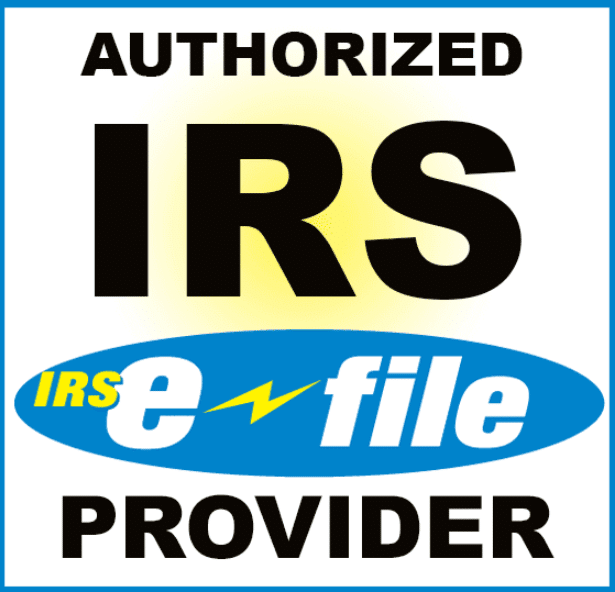Navigating the intricate maze of tax compliance might feel like walking on a tightrope for your nonprofit. Miss a step, and your organization’s status might be at risk! Yet, every second spent agonizing over compliance is a moment stolen from your mission to make a profound difference. What if there was a map, a guide, to ease this journey?
Exhale that sigh of worry because we’ve crafted an all-encompassing compliance checklist for nonprofits that will be your beacon in the bewildering world of IRS regulations. Read this blog to understand what nonprofit compliance is, why it is important, and get a checklist of everything your nonprofit should monitor to stay compliant with nonprofit regulations at various levels.
What is nonprofit compliance and why is it important?
Nonprofit compliance is the cornerstone of a trustworthy and successful charitable organization. It is essential not only for maintaining tax-exempt status, which offers significant financial advantages, but also for upholding public trust.
Donors, stakeholders, and beneficiaries rely on compliant nonprofits for transparency and accountability. Beyond avoiding potential legal pitfalls and ensuring ethical operations, compliance also promotes robust governance, safeguarding the organization’s financial health and integrity.
Moreover, staying compliant often opens doors to grants and funding, as many institutions demand it as a prerequisite. In short, nonprofit compliance ensures that organizations operate ethically, responsibly, and sustainably.
A comprehensive nonprofit compliance checklist:
Formation and governance:
Articles of incorporation: Ensure your nonprofit is legally recognized by having your Articles of Incorporation filed with the appropriate state agency.
Bylaws: Review your organization’s bylaws annually to ensure they align with your current operations and legal requirements. Consider including guidelines for membership and board structure.
Board meetings: Hold regular board meetings, with minutes documented to demonstrate transparency and accountability.
Conflict of interest policy: Annually review your Conflict of Interest Policy with board members to prevent conflicts and maintain ethical governance.
Tax exempt status
EIN: (Employer Identification Number): Obtain an EIN, a unique identifier assigned by the IRS to your organization, a critical step in establishing your nonprofit’s identity for tax purposes.
Tax exempt status: File for tax-exempt status with the IRS using forms like 1023 or 1024, depending on your organization’s structure and purpose.
Determination letter: secure a Determination Letter from the IRS confirming your tax-exempt status, commonly known as a 501(c)(3) letter.
State level requirements: In addition to federal requirements, each state has its own specific requirements for nonprofit compliance. It’s important to check your state’s regulations and ensure that your organization is fully compliant. This may include registering with the state, filing annual reports, and maintaining certain records.
Financial oversight and reporting
Annual budget : Approve an annual budget with your board to guide your financial activities.
Form 990: File Form 990 with the IRS, a comprehensive financial disclosure document required for most tax-exempt organizations.
State specific filings: Be aware of any state-specific financial reporting requirements and ensure timely filing.
Fundraising compliance
State charitable solicitation registration: If your nonprofit engages in fundraising activities across multiple states, register with the appropriate state authorities to comply with state-specific regulations regarding charitable solicitation.
Foreign activities reporting: If involved in international activities, comply with reporting requirements, including compliance with foreign tax laws.
Acknowledgement of gifts Provide acknowledgement of gifts to donors and maintain records for tax purposes. This includes the date of the donation, the amount, and the donor’s information. By keeping thorough records, you will be able to provide accurate information to donors and also ensure that all tax requirements are met.
Employee and volunteer management
Employee handbook: Develop and maintain an employee handbook that outlines organizational policies and procedures. This handbook should be reviewed on a regular basis to ensure that it is up-to-date and accurately reflects the latest policies and procedures of the organization. In addition, it should be distributed to all employees and volunteers to ensure that they are aware of the policies and procedures of the organization.
Compliance with federal and state employment laws: Ensure compliance with federal and state laws pertaining to employment practices.
Training: Training should cover a wide range of topics, including but not limited to: sexual harassment, discrimination, workplace safety, and confidentiality. By providing this training, you can ensure that all employees and volunteers are equipped with the knowledge and skills they need to perform their duties effectively and in compliance with all relevant laws and regulations.
General compliance
Insurance coverage Secure appropriate insurance coverage, such as liability and directors and officers insurance, to protect your organization.
Program alignment Continually assess and evaluate your programs can help identify any areas for improvement and ensure that they remain in line with your goals. This can involve setting clear objectives for your programs, regularly reviewing their progress, and making any necessary adjustments to stay on track. By staying aligned with your organization’s mission, you can ensure that your efforts are making a meaningful difference in achieving your goals.
Group exemption (if applicable)
Annual update to IRS If your organization is part of a group exemption, it is important to file an annual update to the IRS from the parent organization to maintain group status. This ensures that your organization remains in compliance with the relevant regulations and continues to receive the benefits of group exemption. The annual update should include any changes in the organization’s structure, activities, or finances.
How Crowded helps nonprofits with tax compliance
Navigating nonprofit compliance may seem like scaling a mountain at first, but with our step-by-step guide, you’ll find a clear and manageable path towards success. Remember, you’re not alone on this journey.
Beyond offering trusted banking* and financial management solutions for nonprofits, Crowded is dedicated to guiding organizations through all compliance steps, including the intricacies of 990 filings, group exemption setups, and EIN troubleshooting. If you find yourself at a crossroads or facing a challenge, know that our team is just a call away and ready to help. Feel free to reach out to us for support!




